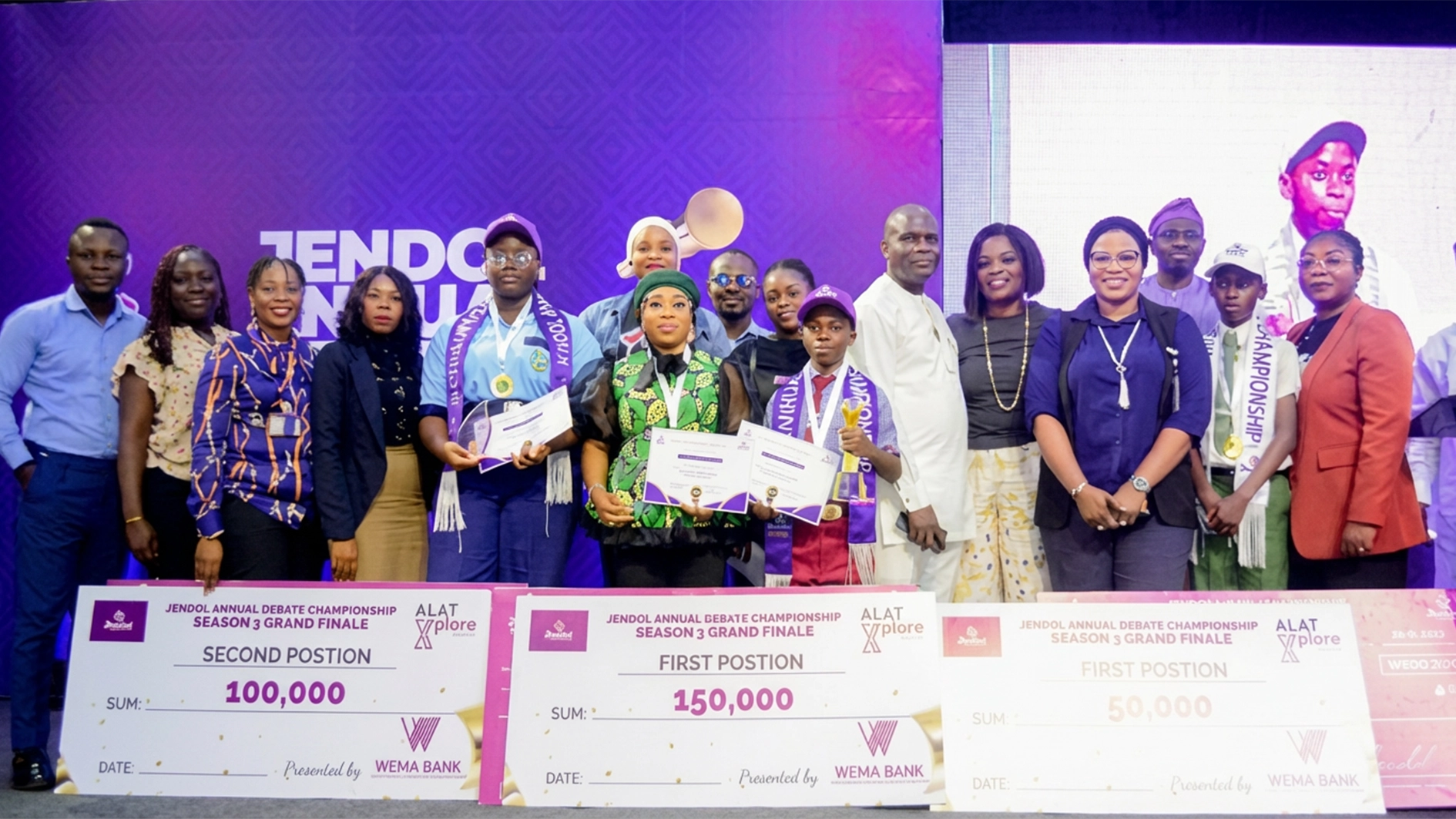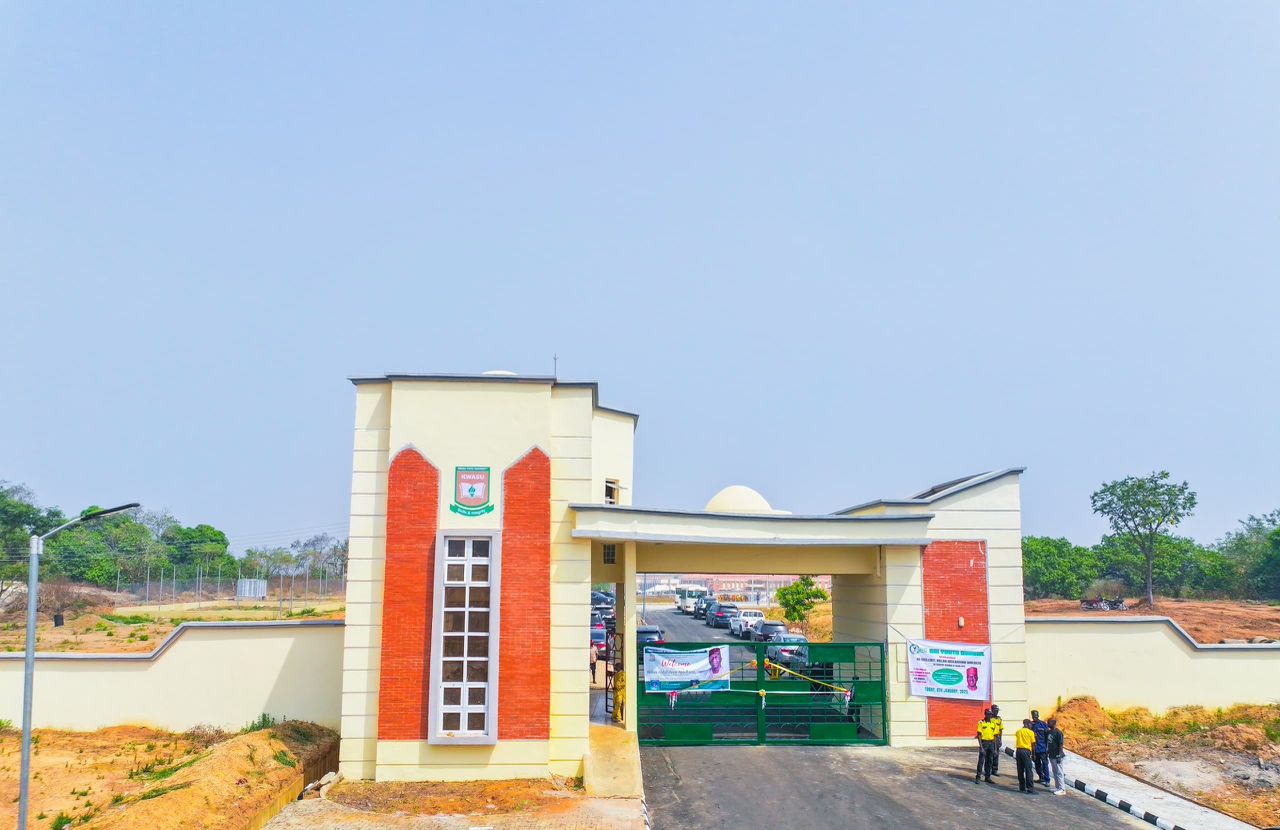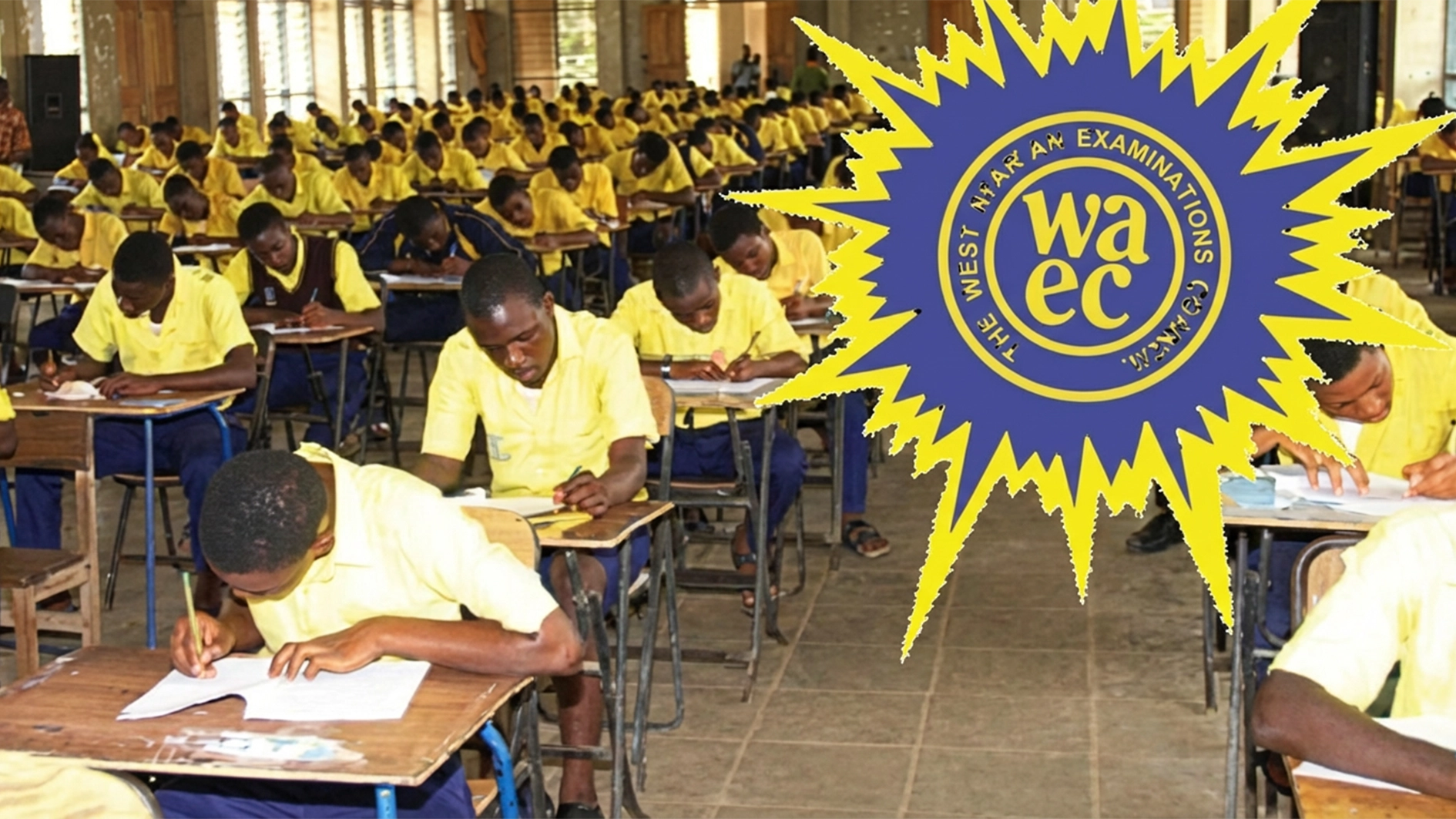• Gombe to halve out-of-school population by 2030
• Katsina earmarks over N100b for social protection programmes
Internally Displaced Persons (IDPs) at the John Mark camp in Daudu, Guma council area of Benue State have cried out for help to enable their kids to resume schooling.
When The Guardian visited the facility yesterday, scores of children of school age were seen roaming around. Mama Vicky, an elderly IDP, told The Guardian that, “that is how the children wake up and roam about every day. There is no school here for them to attend.”
Tersoo, another resident, said they were so worried by the scenario that they convened a meeting among themselves on Sunday to appeal to the government and the public for assistance.
Tersoo explained that over 200 kids within the camp have been out of school for several months, with no hope in sight for them to return to classes.
Contacted to ascertain what the government was doing about the situation, the Executive Secretary of Benue State Emergency Management Agency (SEMA), Dr James Iorpuu, said he was in a meeting and promised to return the call. He neither replied to a text message nor returned the call at press time.
SIMILARLY, in its resolve to tackle the alarming rate of out-of-school children in Gombe, the State Universal Basic Education Board (SUBEB), in collaboration with the Universal Basic Education Commission (UBEC) and the United Nations Children’s Fund (UNICEF), yesterday, convened a one-day stakeholders engagement meeting for the 2025 Enrolment Drive Campaign.
According to UNICEF and World Bank data, Nigeria houses 13.5 million out-of-school children, with 787,619 from Gombe State alone. In his address, the SUBEB chairman, Babaji Babadidi, clarified that the event was to sensitise stakeholders and the public on the importance of collaboration in creating an enabling environment that would accelerate the return of out-of-school children to the classroom. He added that the meeting explored how to ensure that children are enrolled at the appropriate time and date.
“Each Local Government Area (LGA) has been given a target to enrol no fewer than 10,000 pupils for the 2025/2026 academic year, making a total of 110,000 pupils across the state,” he stated.
Babadidi observed that the strategy would halve out-of-school children by 2030. The Commissioner for Education, Prof. Aishatu Maigari, proposed increasing the target to 20,000 pupils per local council, bringing the new total to 220,000 pupils.
The lead facilitator/official from the UNICEF Bauchi Field Office, Mohammed Kudi, emphasised the importance of creating awareness and informing stakeholders about their roles and responsibilities in returning out-of-school children to the classrooms, retaining them, and ensuring they complete their education.
He added that nationally, over 80.3 per cent of children are out of school in the country, pointing out that in Gombe State, the initial figure was 500,000, but has now risen to 737,000, representing 13 per cent of the state’s population, “which is alarming.”
IN another development, Governor Dikko Radda has confirmed that the administration is channelling more than N100 billion to social protection programmes as a way of improving the living conditions of many across Katsina State.
He spoke yesterday while hosting a national retreat of the Nigeria Community Action for Resilience and Economic Stimulus (NG-CARES), themed: “Building a Sustainable NG-CARES Programme: The Role of the National Assembly.”
The two-day event brought together lawmakers, federal and state officials, development partners, and community stakeholders to chart the future of the country’s flagship social protection programme.
Radda said the investment was made in the NG-CARES programme and others, adding that the benefits were channelled through key ministries, agencies and programmes.
The governor, nevertheless, called for stronger support from the National Assembly to sustain NG-CARES, emphasising the need for legislative backing, policy frameworks for nationwide implementation, and enhanced oversight to ensure transparency and accountability.
He urged the participants to propose innovative solutions to protect the poor, empower youths, and strengthen resilience in both rural and urban communities.
Speaker of the House of Representatives, Abbas Tajudeen, represented by Lukman Mudassir, said the lower legislative chamber had established a dedicated Committee on NG-CARES/CSDP to ensure that social protection reforms leave no vulnerable Nigerian behind.
Chairman of the House Committee on NG-CARES, Abubakar Yahya Kusada, recalled that the programme was launched during the COVID-19 crisis to support households, farmers, MSMEs, and vulnerable groups. A World Bank representative, Mr Pami Ade, acknowledged the harsh reality of poverty in Nigeria, but lauded structured programmes like NG-CARES.






